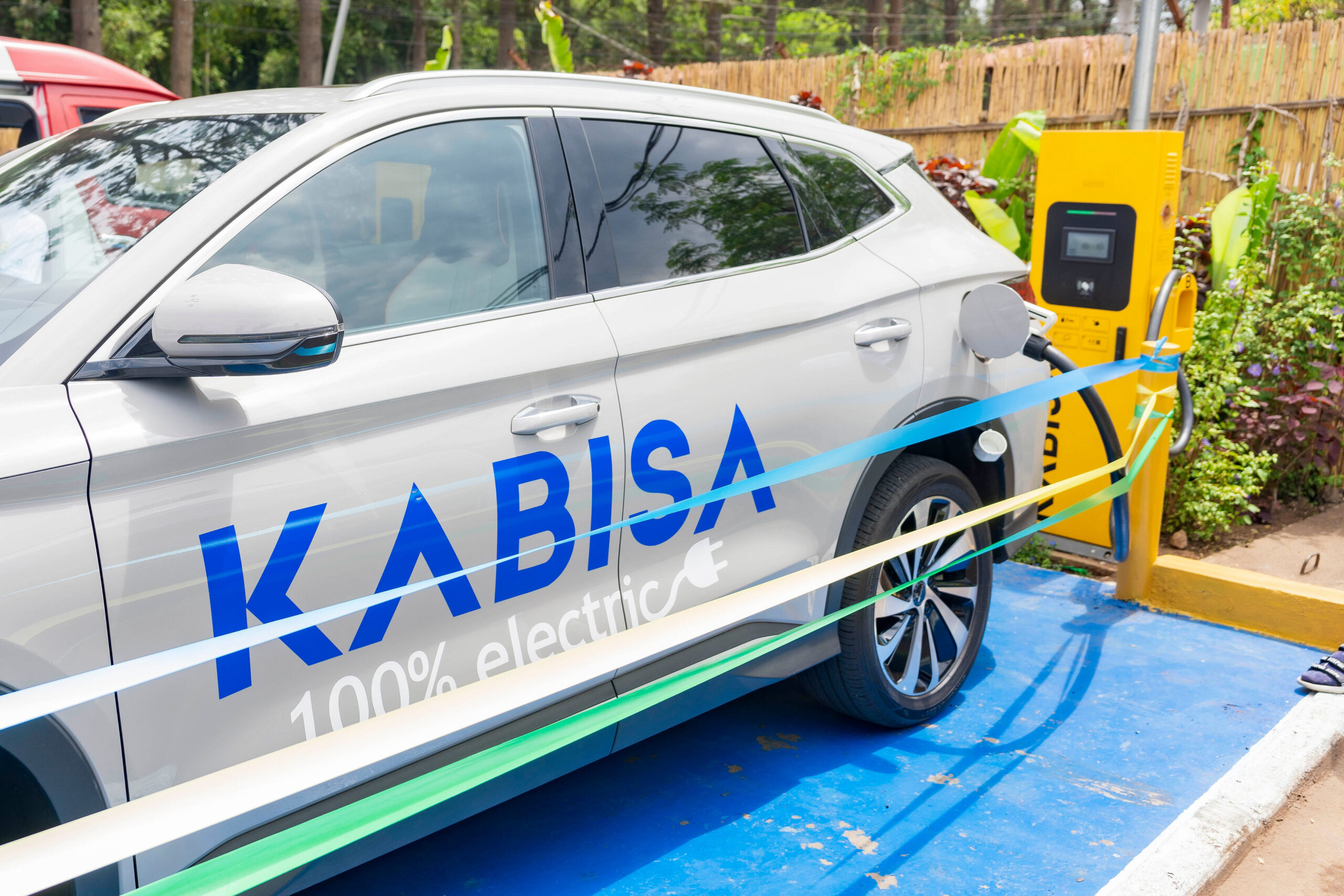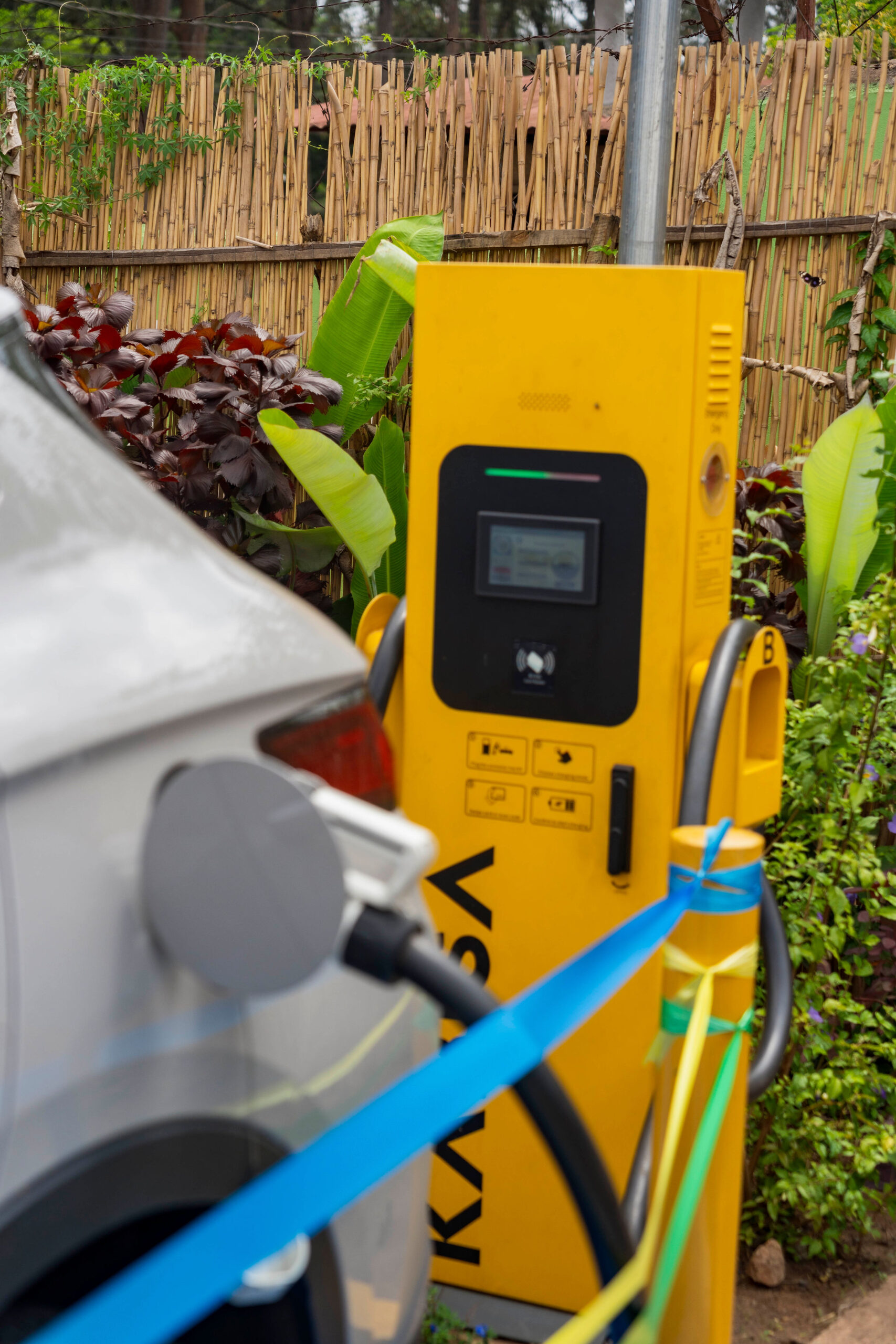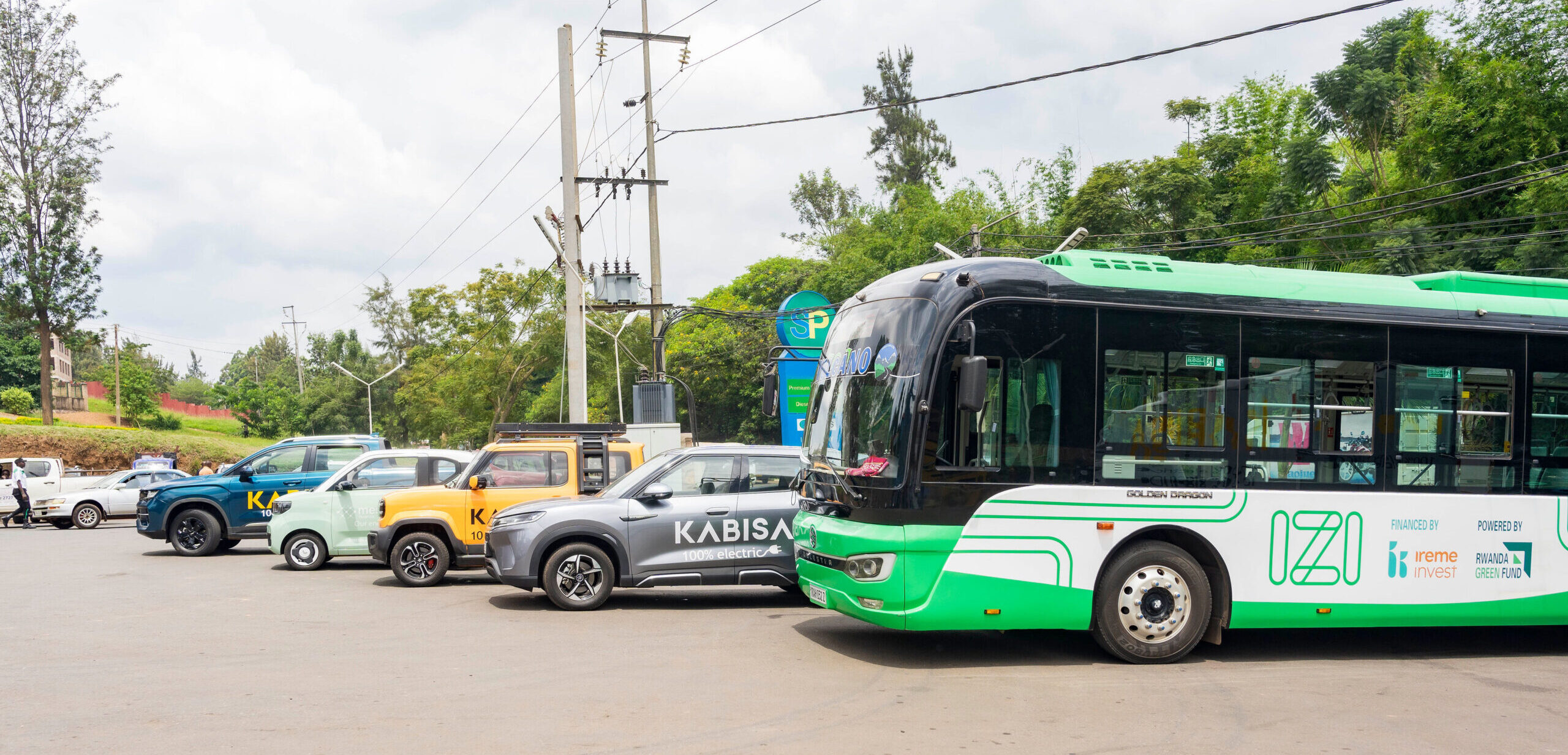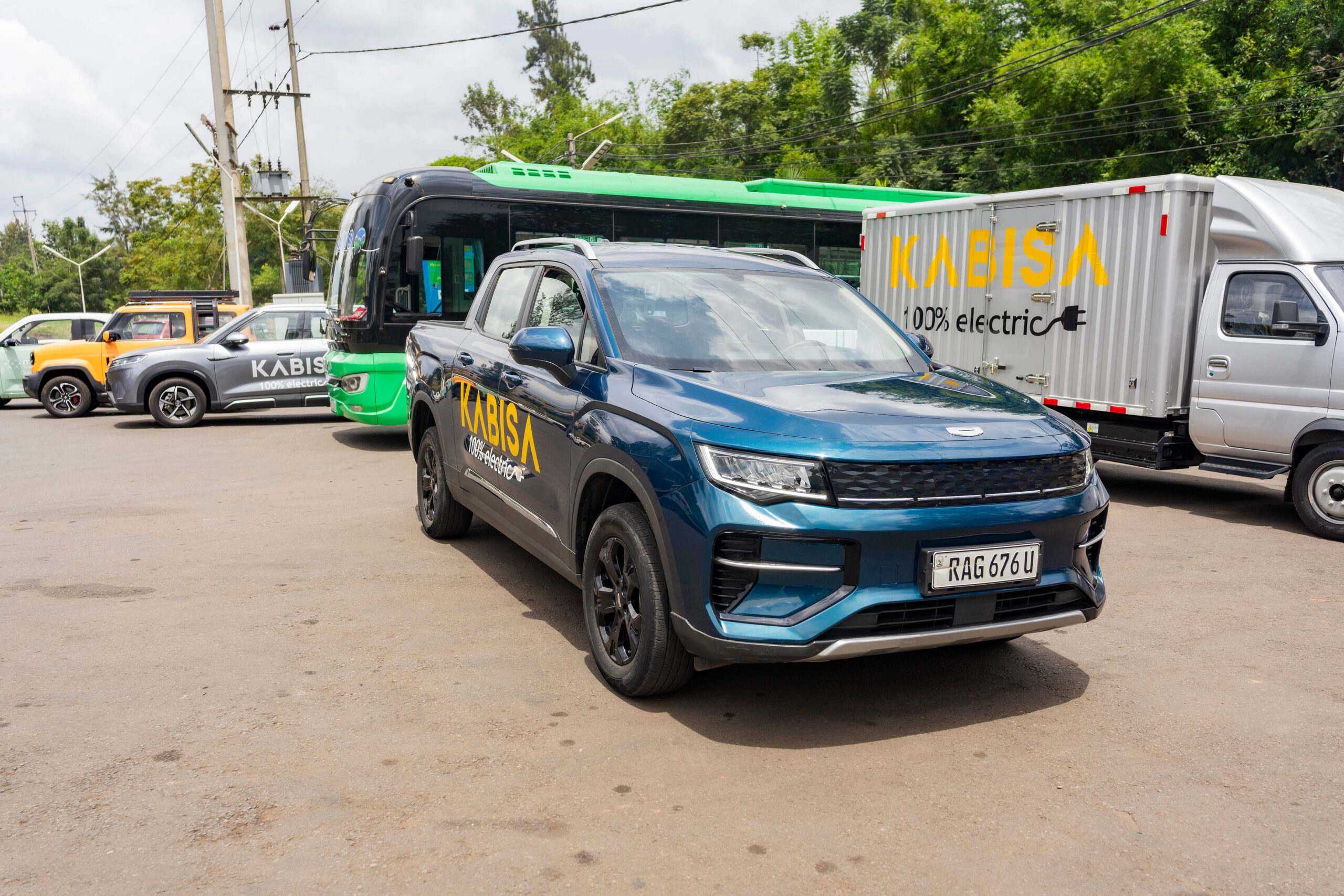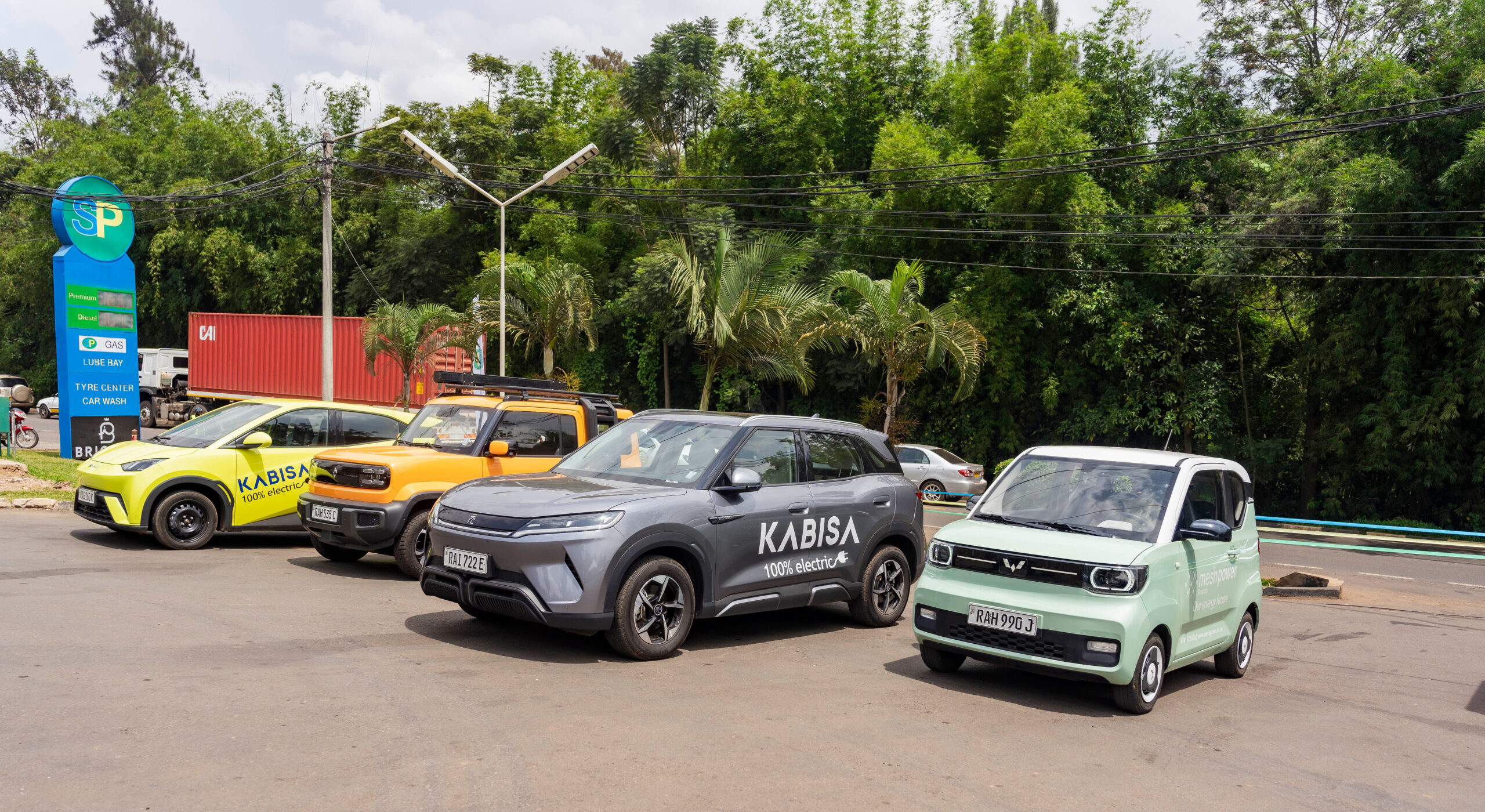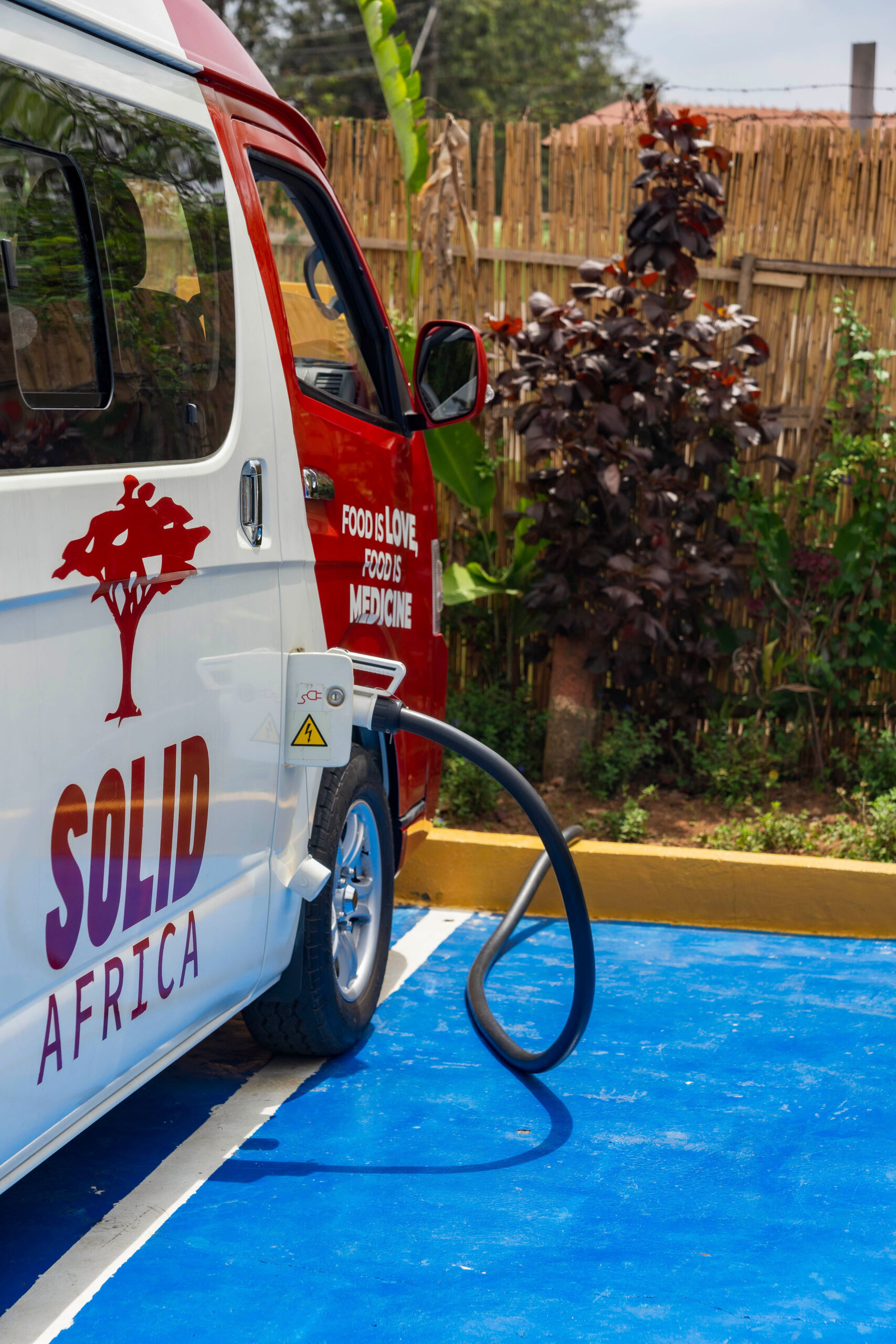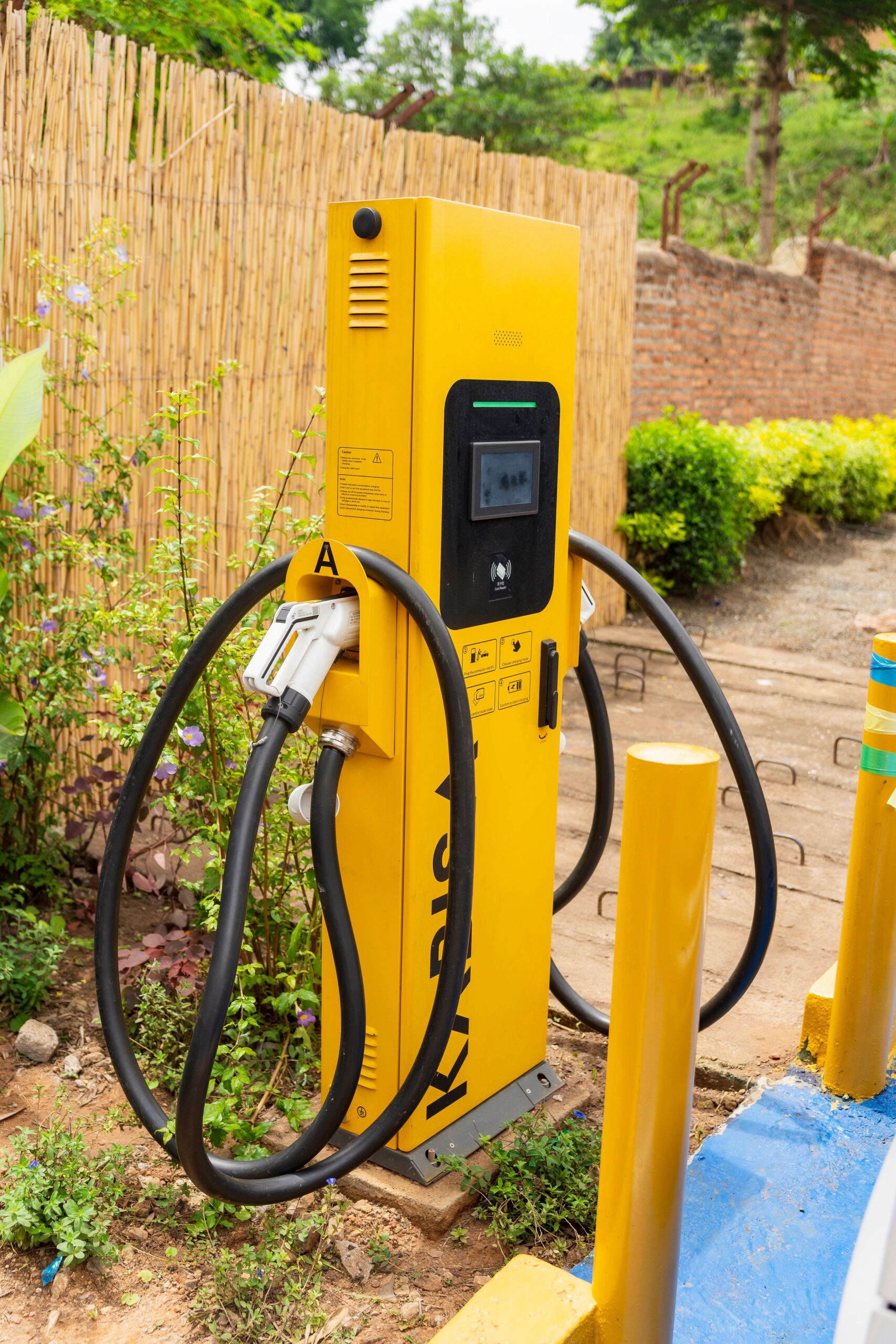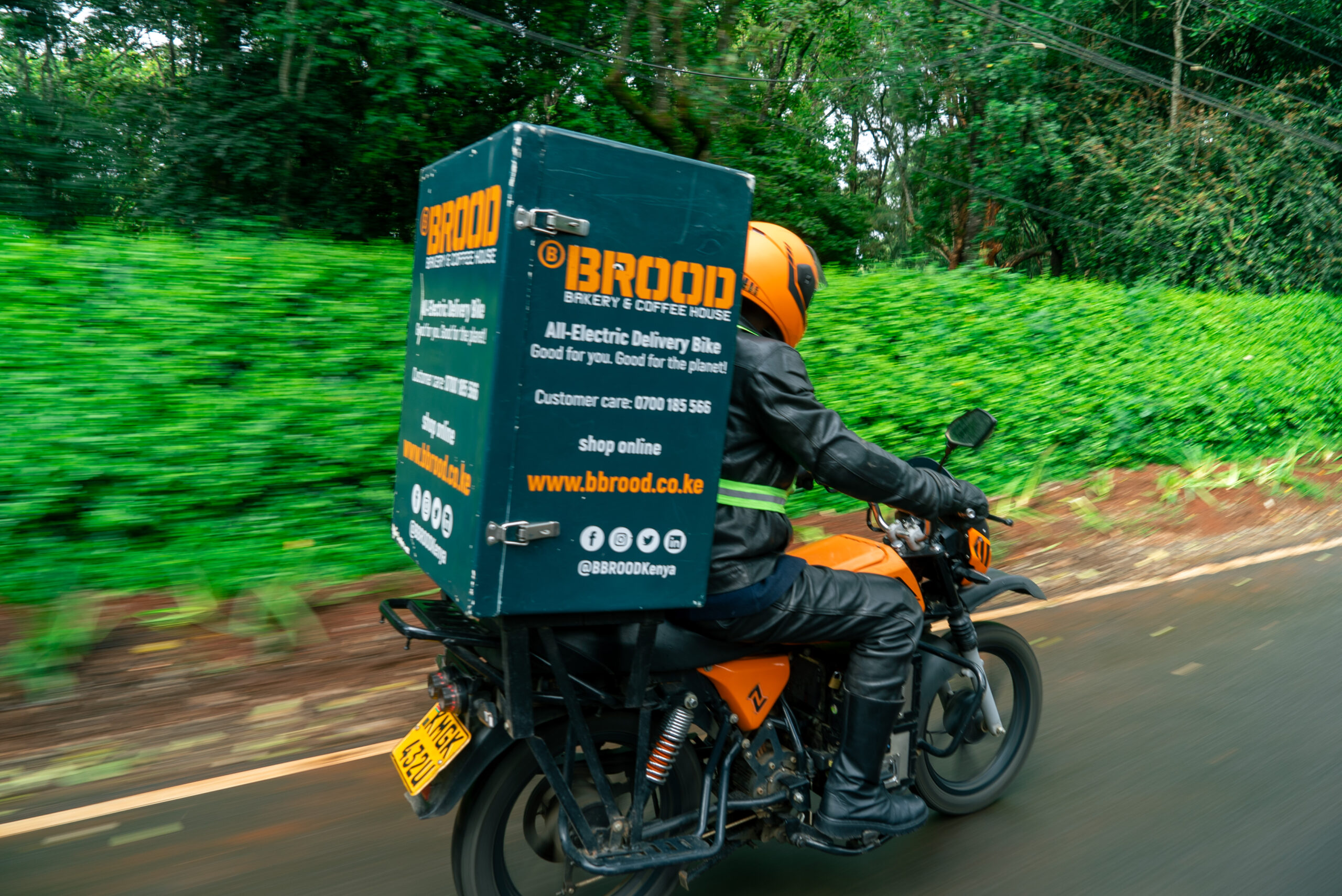
Sign up for daily news updates from CleanTechnica on email. Or follow us on Google News!
The new fast-charging hub can power up entire fleets of vehicles in minutes, setting the stage for cross-border, all-electric commercial transportation.
Rwanda was one of the first countries on the African continent to introduce very progressive policies for electric vehicles. These policies included some pretty cool incentives for EVs, such as the following:
Fiscal Incentives:
- Electricity tariffs for charging stations to be capped at the industrial tariff. This means that charge point operators are to be billed at close to 50% of standard industrial tariffs.
- Electric vehicles also benefit from reduced tariffs during off peak periods.
- Electric vehicles, spare parts, batteries, and charging station equipment are exempted from import and excise duties. All of these are treated as zero rated VAT products and will also be exempt from withholding tax.
Non-Fiscal Incentives:
- Rent-free land for charging stations on land owned by the government.
- Provisions for EV charging stations in the building code and city planning rules.
- Green license plates to allow preferential parking for EVs and free entry into any future congestion zones.
- Access to dedicated bus lanes.
- Preference for electric vehicles for government hired vehicles.
- Regulations on the importation of used vehicles by imposing an age limit.
- New restricted zones where only green vehicles can have access.
- Enforcement of existing emission standards to discourage the purchase of polluting vehicles.
These incentives have helped catalyse investments into the country’s EV sector. One of the leading players in Rwanda’s EV space is Kabisa. Kabisa has grown to become one of East Africa’s leading providers of electric vehicle sales, maintenance, and charging. Yesterday, Kabisa had the grand opening of its new ultra-fast charging facility at SP’s Kanombe station in Kigali.
The ultra-fast charging facility has chargers with a power capacity of up to 240 kW, compared to most of the existing charging stations in Kigali averaging 7.43 kW to 22 kW. The six charging bays allow both private electric cars and entire commercial fleets of electric trucks, vans, or buses to charge simultaneously. Electric vehicles will charge up to 10 times faster with the ultra-fast charger compared to normal AC or DC chargers — so most vehicles can charge in 15–25 minutes instead of more than one hour at conventional charging stations. This will go a long way in enticing operators of commercial fleets to transition to electric, as they need their vehicles to be on the road more often than drivers of personal vehicles that can have the luxury of charging at home or at the office where the vehicles spend most of their time parked.
This new hub is part of a broader partnership between the all-electric upstart Kabisa and SP Rwanda, and is the first facility of its kind in Rwanda. It is supported by Ireme Invest, a private sector green investment facility powered by the Rwanda Green Fund and the Development Bank of Rwanda, in partnership with Meshpower and the national utility REG (Rwanda Energy Group). The ultrafast charging hub augments Kabisa’s existing public charging network, the largest in Rwanda, with 26 public charging points, seven of which are located at SP stations.
Strategically located at SP’s Kanombe Station, which serves a busy trucking route near Kigali’s International Airport and the Free Trade Zone, the facility provides a critical piece of infrastructure that will ultimately allow fully-electric commercial vehicles to transport goods between East Africa’s port cities of Mombasa and Dar es Salaam and Rwanda at an 80% cost-savings on both fuel and vehicle maintenance compared to existing fossil fuel transport.
Kabisa customer Solid’Africa, an internationally recognized NGO addressing nutrition insecurity in Rwanda, has seen the impact of transitioning their fleet to electric vehicles and the cost saving that have resulted. CEO Nassir Katuramu said:
“At Solid’Africa, sustainability is at the heart of everything we do. Our decision to switch to electric vehicles with Kabisa was driven by two key factors: our commitment to being a green and environmentally conscious organization, and the need for financial efficiency. Previously, we were renting fuel-powered cars, which came with high fuel and rental costs. By investing in electric vehicles, we’re not only reducing our carbon footprint but also saving money – funds that can now go directly toward feeding and reaching more people! Also, thanks to Rwanda’s tax incentives for electric vehicles, we were able to purchase nine cars, something that would not have been possible with fuel-powered alternatives. This move is a crucial step in aligning our operations with our long-term sustainability strategy!”
At today’s launch event attended by government representatives, partners, and customers, Pophia Muhoza, Kabisa’s Managing Director, welcomed attendees to envision a regional transportation system transformed:
“We’re proud to welcome all EVs to the first Kabisa Supercharger and see it as an important step in our progress towards an ultra-fast, convenient network across the entire region. This is really just the beginning as we build out everything needed to bring East Africa the full benefits of electric vehicles – cost savings, cleaner air, and lower emissions – through vehicle sales, charging, and maintenance.”
SP Rwanda CEO Yves Legrux commented: “SP is committed to continue providing outstanding service to all road users across Rwanda and to work with all stakeholders. This complex partnership between Kabisa, REG, and the Rwanda Green Fund is another example of SP capabilities. SP Kanombe has always been at the heart of Rwanda’s trade routes between Rwanda and the ports in Kenya and Tanzania. We are super proud to have this ultra-fast charger at this site. Thank you to Kabisa, REG and the Rwanda Green Fund for their trust in us. We look forward to continuing to roll out EV charging infrastructure at our stations. We want to be a part of the future of mobility and trade flows.”
Looking at the images from the Kabisa ultra-fast charging hub launch, it’s really great to see that the hub will cater to the diversity of Rwanda’s growing electric vehicle ecosystem — from mini EVs such as Wuling Hongguang and Baojun Yeps to BYD Seagulls, to Geely’s electric pickups and Farizon electric trucks, all the way to electric buses! The Kigali EV scene is getting exciting now and we look forward to seeing more developments.
Images courtesy of Kabisa
Chip in a few dollars a month to help support independent cleantech coverage that helps to accelerate the cleantech revolution!
Have a tip for CleanTechnica? Want to advertise? Want to suggest a guest for our CleanTech Talk podcast? Contact us here.
Sign up for our daily newsletter for 15 new cleantech stories a day. Or sign up for our weekly one if daily is too frequent.
CleanTechnica uses affiliate links. See our policy here.
CleanTechnica’s Comment Policy

